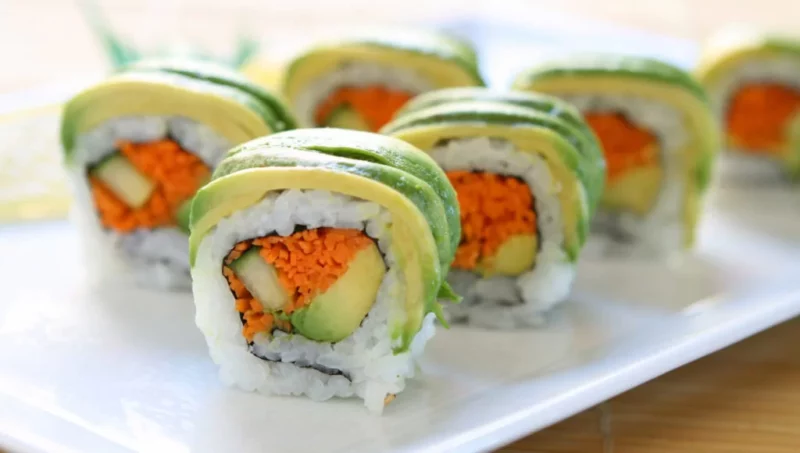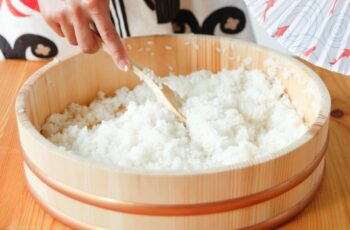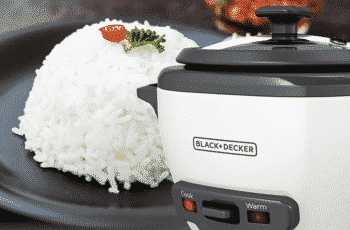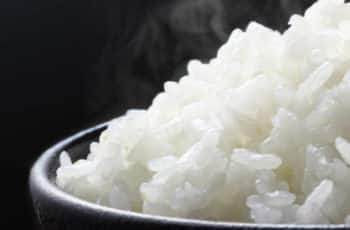Sushi rice is a crucial component of any sushi dish and selecting sustainable ingredients for it can help promote environmentally conscious consumption. Here are some things to keep in mind when choosing eco-friendly options for sushi rice:
- Rice variety: Selecting the right variety of rice can make a difference in sustainability. Consider choosing organic, non-GMO rice to reduce the use of pesticides and promote biodiversity. Look for rice varieties that are grown sustainably and use less water, such as Japanese Koshihikari rice.
- Country of origin: Rice grown locally or regionally can have a lower carbon footprint than rice that has been shipped from across the globe. Check the origin of the rice before purchasing to ensure you are making a sustainable choice.
- Packaging: Choose rice that is sold in biodegradable or recyclable packaging to reduce waste. If possible, buy in bulk to reduce packaging waste even further.
- Fair trade: Consider purchasing sushi rice that is fair trade certified, which ensures that farmers are paid fairly and work under humane conditions.
- Water usage: Rice production is known to be a water-intensive crop. Look for rice that has been grown using sustainable water practices such as rainwater harvesting or efficient irrigation techniques.
- Local alternatives: Consider exploring alternative grains like quinoa or millet, which are grown sustainably and locally in many regions. They also offer a unique taste and texture to sushi dishes.

Sushi rice ingredients and sustainability choosing eco-friendly options
By taking these factors into consideration, you can make a more informed decision when selecting eco-friendly options for your sushi rice.








